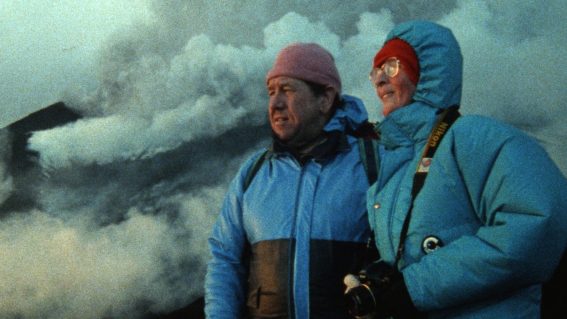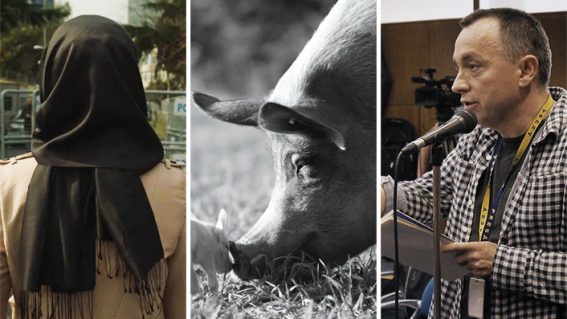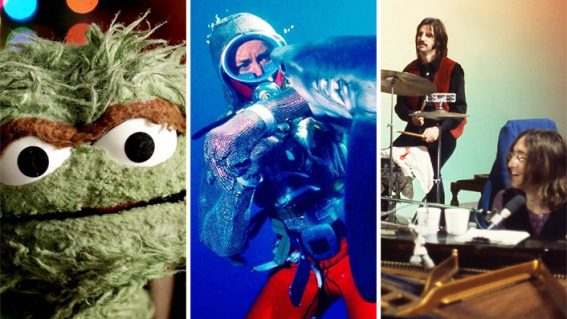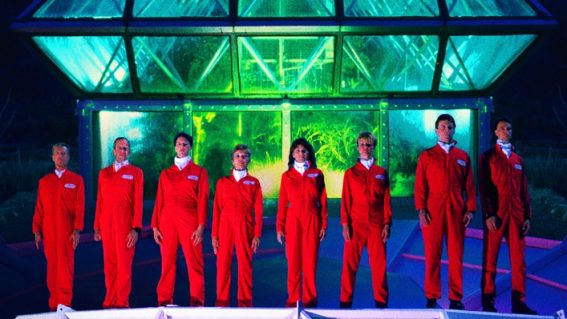In the fascinating American Animals, fiction is truth and truth is fiction
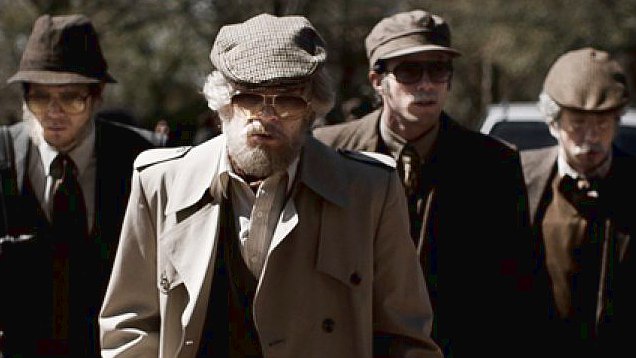
The answer to the question “what is the difference between a narrative feature film and a documentary” might ordinarily seem rather elementary. But British director Bart Layton, following up his intensely gripping 2012 doco-thriller The Imposter, shrewdly complicates matters in the fascinating American Animals, recounting an idiotic heist attempted by a handful of Transylvania University students in 2003. Is this a documentary with narrative elements, or a narrative feature that incorporates documentary?
American Animals opens with the words “This is not based on a true story.” Then, revealing a film designed to shift meaning and second-guess its own representations, the third and fourth and fifth words disappear to leave the declaration: “This is a true story.” What follows is comprised mostly of re-enactments, the director periodically returning to interviews with real-life subjects.
The story is a kind of reverse coming of age tale. The subjects/characters disrupt rather than progress the passage of their lives, and, at a time when one might expect young men to begin behaving like adults, indulge in childish fantasy. The audacious heist at the core of American Animals is orchestrated by Spencer (Barry Keoghan), Warren (Evan Peters), Erik (Jared Abrahamson) and Chas Allen (Blake Jenner), who dress up as old men and attempt to steal rare books worth millions of dollars.
The logic for dressing up: because “being old is the closest thing to being invisible.” And the overarching logic behind their scheme: because the university library contains “twelve million dollars in rare books and only one old lady guarding it.” Watching the actors apply their makeup and walk around in disguise is a performative Inception: actors playing real people playing silly characters, in a tale about how all of us are one or two bad decisions away from starring in our own real-life genre films.
An early reenactment is interrupted by the presence of the real-life Warren sitting next to the actor playing his younger self; real Warren says he doesn’t remember the scene unfolding quite this way. This touch goes to the heart of the film: its blend of real and fictional; its questioning of the truth; its lack of faith in its own creations. Layton has a very contemporary skepticism that suits the era of fake news: a feeling that even – and perhaps especially – factual events become campfire stories destined to be misrepresented.
Like other memorable documentaries in recent years – such as The Imposter, the Netflix mini-series Wormwood and the Australian film Ghosthunter – American Animals‘ compositions are moody and cinematic, with a slightly wet look, as if it is slowly dripping onto you. The film’s cinematic aspirations manifest in several ways, as if the core of its naturalism involves some kind of artifice. Preparing for the heist, the subjects even allocate themselves names from Reservoir Dogs, with the obligatory bickering over who gets called Mr Pink.
You could call American Animals a stranger-than-fiction story, the catch-all term to describe weird shit that happens to be real. But at a time in history when reality is often more mind-boggling than made-up tales, that term feels oddly retrograde. A more appropriate albeit confusing label – to befit these confusing times – is that fiction is truth and truth fiction.


